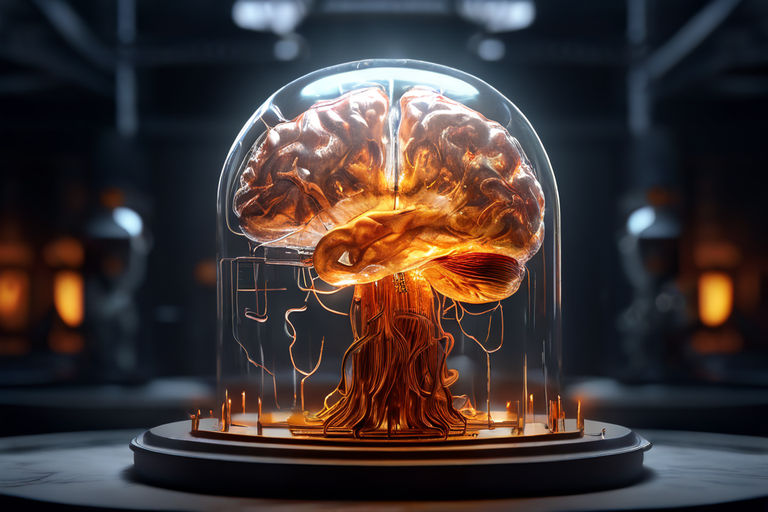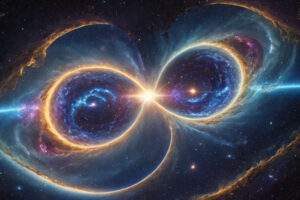Imagine a brain, floating alone in the emptiness of space. It possesses a full set of memories, a sense of self, and the ability to think and reason. But there’s a catch: this brain never actually lived a life. It’s a Boltzmann brain, a hypothetical entity theorized to arise from random fluctuations in an infinitely old universe.
The theory, named after physicist Ludwig Boltzmann, proposes that given enough time, the vast expanse of the universe could spontaneously assemble atoms into a functioning brain, complete with a fabricated life story. Here’s why this idea is both fascinating and unsettling.
The Underpinnings of the Theory:
The concept hinges on the laws of thermodynamics, particularly entropy, which tells us that systems tend towards disorder over time. However, random fluctuations can create pockets of order in a sea of chaos. In an infinitely old universe, the theory suggests, these fluctuations could theoretically form a brain-like structure with the incredibly improbable luck of possessing consciousness.
The Paradox and Its Implications:
The Boltzmann brain theory throws a wrench into our understanding of reality. If such brains are possible, and far more likely to exist than us, then how can we be sure we’re not one ourselves? Our memories, experiences, and even the world around us could all be elaborate illusions conjured by a random fluctuation.
This paradox has significant philosophical implications. It challenges our ability to distinguish objective reality from subjective experience. It also raises questions about the nature of consciousness and the existence of a physical world.
Criticisms and Considerations:
Despite its intriguing nature, the Boltzmann brain theory faces challenges. Critics argue that:
- The calculations for the probability of a Boltzmann brain are highly speculative and may not account for all the variables.
- A brain without a body and the ability to interact with the environment might lack the necessary conditions for consciousness.
- Most current cosmological models don’t posit an infinitely old universe, making the theory less applicable.
The Theory’s Significance:
The Boltzmann brain theory, though unproven, serves a valuable purpose. It pushes us to re-evaluate our assumptions about the universe and our place within it. It highlights the limitations of our knowledge and the importance of considering alternative viewpoints.
The Takeaway:
While the idea of a Boltzmann brain existing might seem like science fiction, it serves as a reminder of the vastness and mystery of the universe. It compels us to grapple with fundamental questions about consciousness, reality, and the nature of existence. Whether we are products of evolution or random fluctuations, the very possibility of the Boltzmann brain challenges us to cherish the experience of being, whatever its origin may be.





